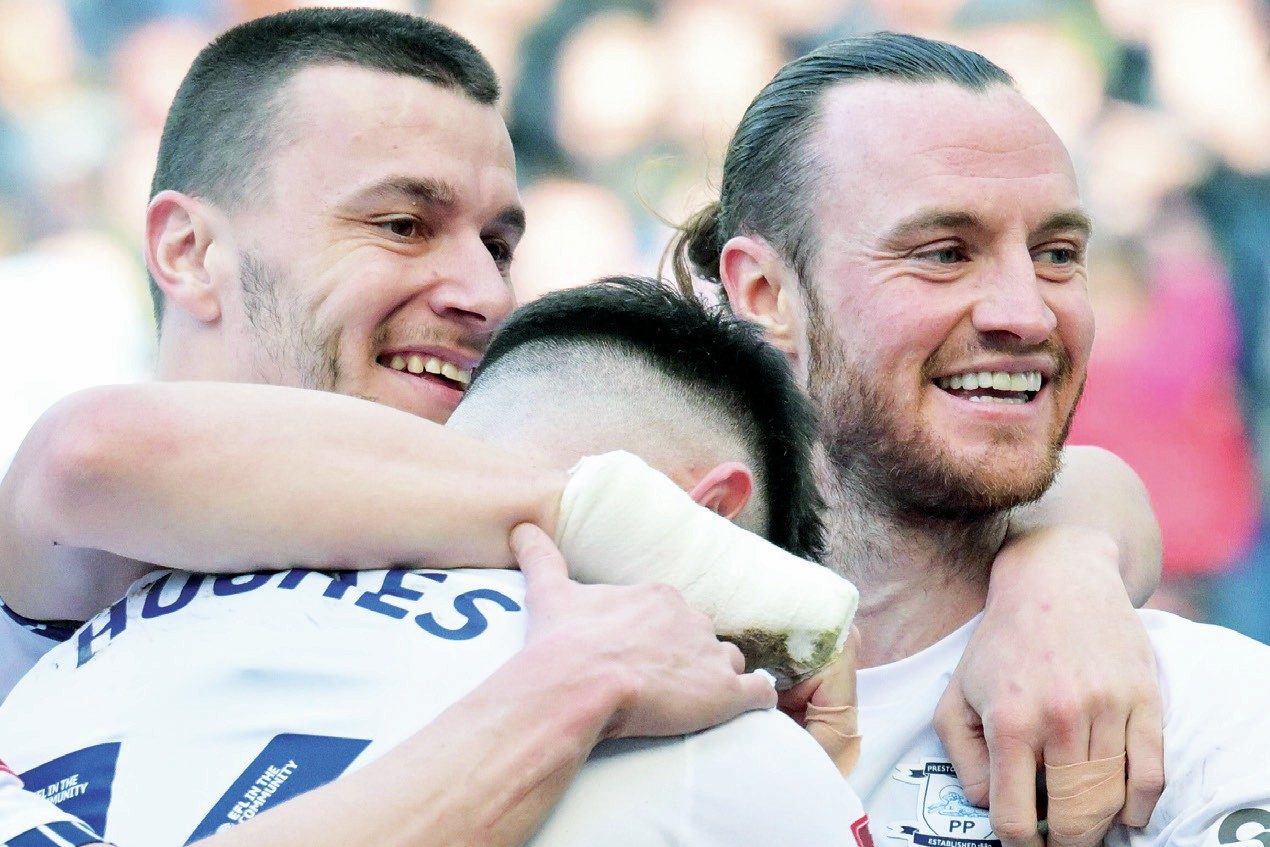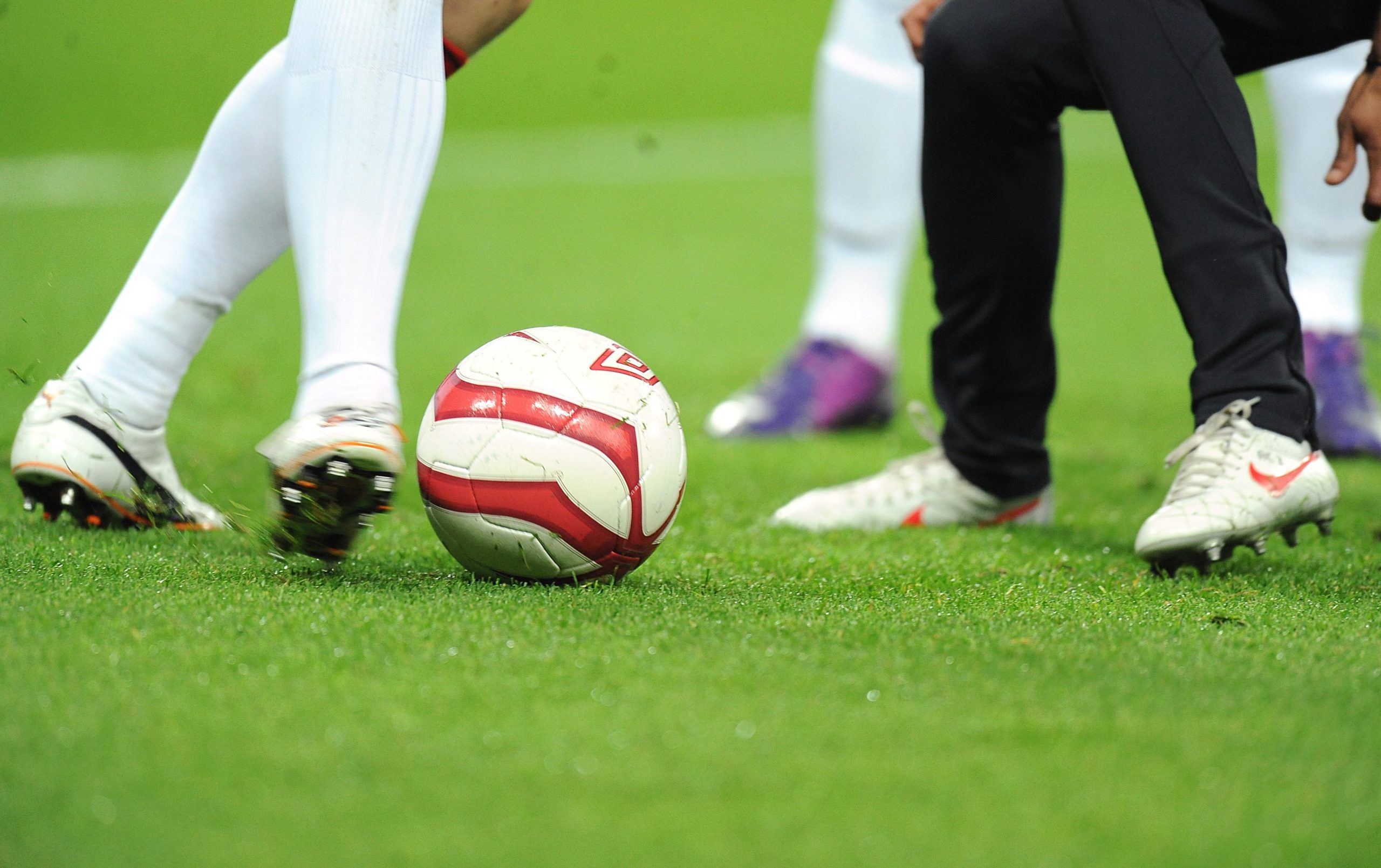
Long practices and competitive football games may be exhausting, regardless of age. The ability to bounce back fast from football matches and practices is a skill that any player may benefit from learning. In this article, we’ll discuss methods players of all ages may take to speed up, improve their recovery time, and alleviate muscle soreness after long games.
Adequate Rest
Most muscle regeneration takes place while you sleep, so getting enough shut-eye is crucial to any successful recovery plan. If you want to wake up feeling rejuvenated, have a decent night’s sleep. According to studies, athletes who obtain their recommended nightly amount of sleep (between 8 and 10 hours) are less prone to sustain injuries, and sleep also aids in the recovery of strained muscles.
Human growth hormones and protein synthesis, which occur during sleep, contribute to muscle development and repair. You might try a drop or two of CBC oil if the pain is keeping you from sleeping. It may be the answer to your problems due to the pain relief and relaxation effects it produces.
Don’t Forget To Eat!
Before and after a game, your diet should focus on two main areas:
- Carbohydrates replenish your glycogen (energy) reserves, which are depleted throughout the game. They may be substituted with simple carbohydrates, which are more sugary and are readily absorbed by the body and include sports drinks, candies, and fruit. Start consuming at least 50 grams of carbohydrates as soon as possible after exercise and continue doing so for the next two to three hours.
- Protein: This is required for muscle regeneration. According to FIFA’s dietary guidelines*, ingesting only 20-25g of high-quality protein per day will improve your body’s ability to develop and mend itself in the days after a game.
Make Sure To Hydrate
After working out, it’s crucial to replenish the fluids your body has lost via sweat. Proper hydration is essential since it helps flush out impurities and makes your body run better.
To replenish the kilograms of body mass lost during play, you must consume around 1.2 to 1.5 litres of liquids. Assuming you won’t bother with a before and after weight, drink until your pee is clear, and you’ll know you’re back to normal hydration levels.
Stretching Helps: Myth Or Truth
Among the most widespread false beliefs regarding recovery is the idea that stretching as part of a cool-down can alleviate soreness. Sadly, there isn’t any proof to back up such a claim.
But wait for a second. That’s not simply an excuse to go to the tavern as soon as the game ends. Stretching as part of a cool-down is still very beneficial. Even if stretching doesn’t assist with the pain of past injuries, it may help prevent future issues by easing muscular tension and resolving muscle imbalances.
Simple Massage
After a game, professional athletes often relax with massages. This aids recovery by reducing stress, increasing blood flow, and facilitating complete relaxation.
It’s fantastic that you can treat yourself to a sports massage. But if money is tight, self-massage is a beautiful alternative. Just grab a foam roller, do some simple exercises, and you’ll feel the benefits immediately.
Final Words
A good warm-up routine and after-game tactics will help reduce soreness after playing football. Still, the most critical aspect of avoiding soreness is remaining hydrated before, during, and after physical activity. The best defense that a person has against muscle soreness is a sound muscle-recovery regimen, and that alone can be one of the most beneficial aspects of sports participation.
How To Reduce Soreness After A Football Match
Long practices and competitive football games may be exhausting, regardless of age. The ability to bounce back fast from football matches and practices is a skill that any player may benefit from learning. In this article, we’ll discuss methods players of all ages may take to speed up, improve their recovery time, and alleviate muscle soreness after long games.
Adequate Rest
Most muscle regeneration takes place while you sleep, so getting enough shut-eye is crucial to any successful recovery plan. If you want to wake up feeling rejuvenated, have a decent night’s sleep. According to studies, athletes who obtain their recommended nightly amount of sleep (between 8 and 10 hours) are less prone to sustain injuries, and sleep also aids in the recovery of strained muscles.
Human growth hormones and protein synthesis, which occur during sleep, contribute to muscle development and repair. You might try a drop or two of CBC oil if the pain is keeping you from sleeping. It may be the answer to your problems due to the pain relief and relaxation effects it produces.
Don’t Forget To Eat!
Before and after a game, your diet should focus on two main areas:
- Carbohydrates replenish your glycogen (energy) reserves, which are depleted throughout the game. They may be substituted with simple carbohydrates, which are more sugary and are readily absorbed by the body and include sports drinks, candies, and fruit. Start consuming at least 50 grams of carbohydrates as soon as possible after exercise and continue doing so for the next two to three hours.
- Protein: This is required for muscle regeneration. According to FIFA’s dietary guidelines*, ingesting only 20-25g of high-quality protein per day will improve your body’s ability to develop and mend itself in the days after a game.
Make Sure To Hydrate
After working out, it’s crucial to replenish the fluids your body has lost via sweat. Proper hydration is essential since it helps flush out impurities and makes your body run better.
To replenish the kilograms of body mass lost during play, you must consume around 1.2 to 1.5 litres of liquids. Assuming you won’t bother with a before and after weight, drink until your pee is clear, and you’ll know you’re back to normal hydration levels.
Stretching Helps: Myth Or Truth
Among the most widespread false beliefs regarding recovery is the idea that stretching as part of a cool-down can alleviate soreness. Sadly, there isn’t any proof to back up such a claim.
But wait for a second. That’s not simply an excuse to go to the tavern as soon as the game ends. Stretching as part of a cool-down is still very beneficial. Even if stretching doesn’t assist with the pain of past injuries, it may help prevent future issues by easing muscular tension and resolving muscle imbalances.
Simple Massage
After a game, professional athletes often relax with massages. This aids recovery by reducing stress, increasing blood flow, and facilitating complete relaxation.
It’s fantastic that you can treat yourself to a sports massage. But if money is tight, self-massage is a beautiful alternative. Just grab a foam roller, do some simple exercises, and you’ll feel the benefits immediately.
Photo by Andrew Valdivia from Unsplash
Final Words
A good warm-up routine and after-game tactics will help reduce soreness after playing football. Still, the most critical aspect of avoiding soreness is remaining hydrated before, during, and after physical activity. The best defense that a person has against muscle soreness is a sound muscle-recovery regimen, and that alone can be one of the most beneficial aspects of sports participation.









